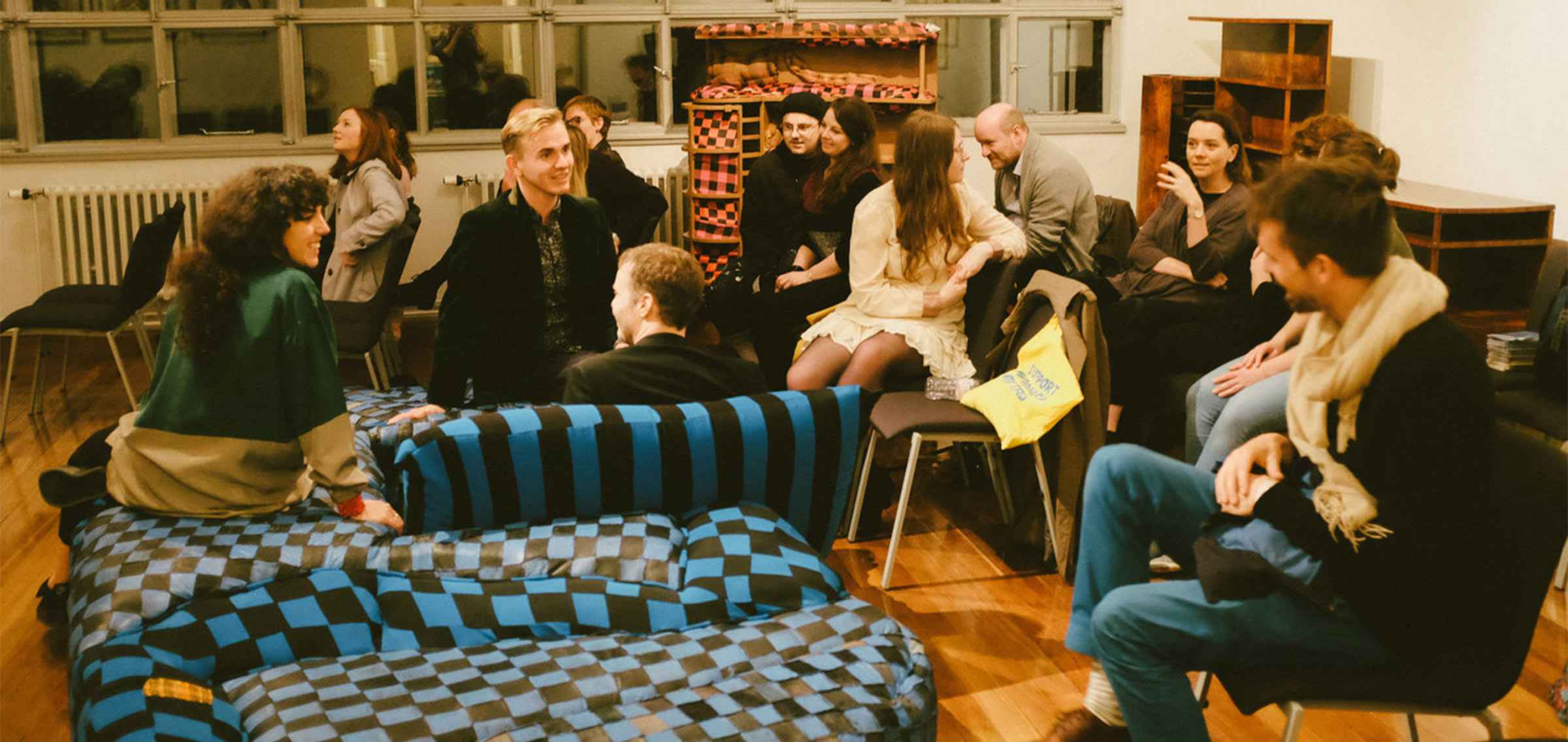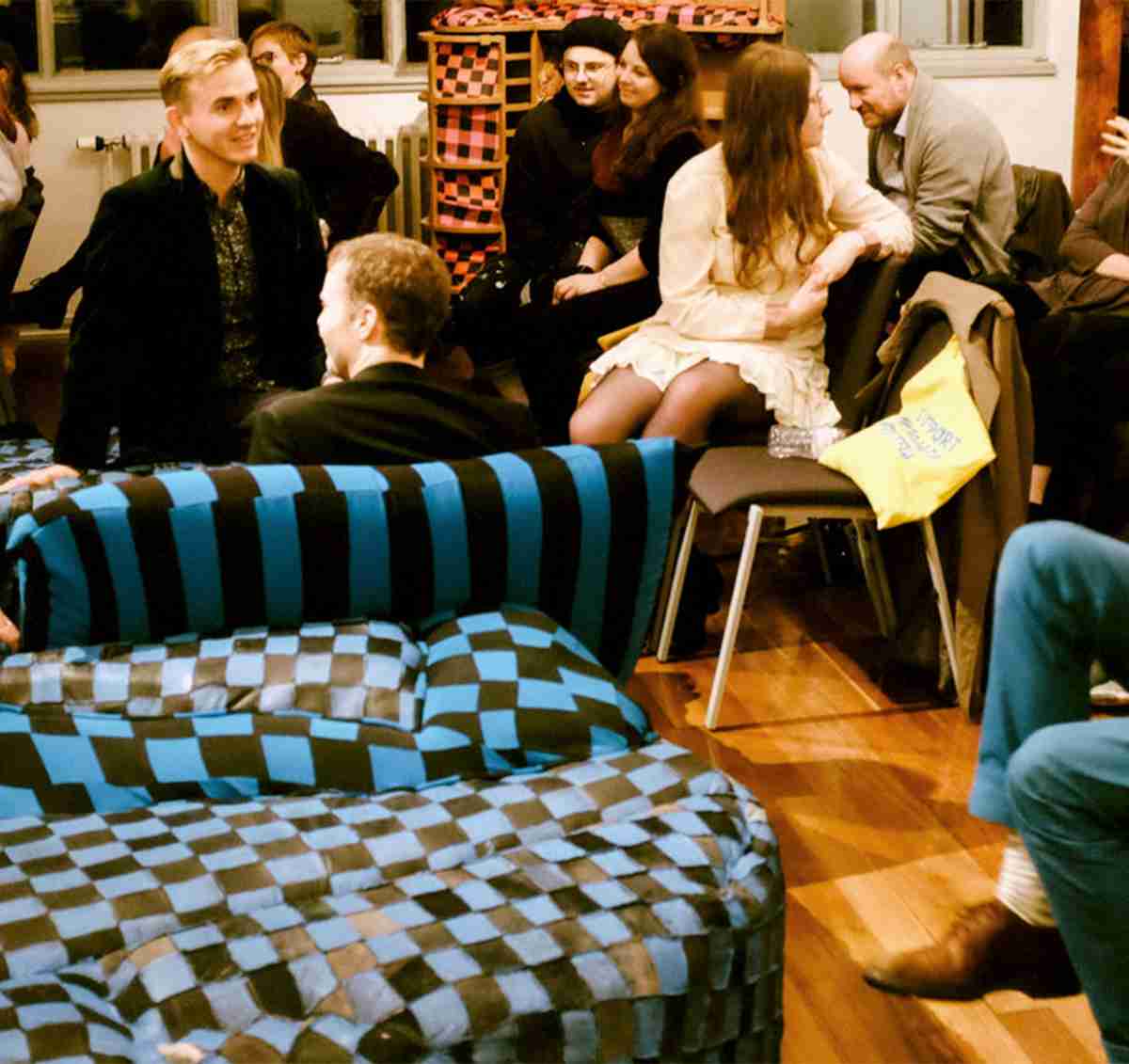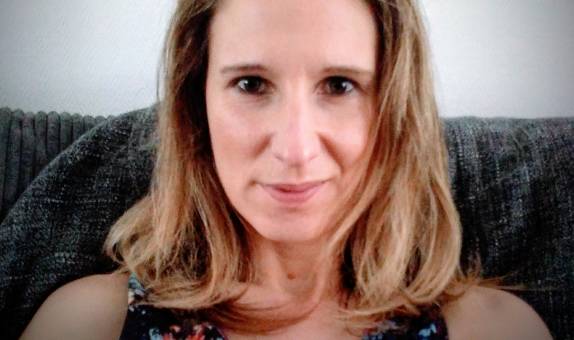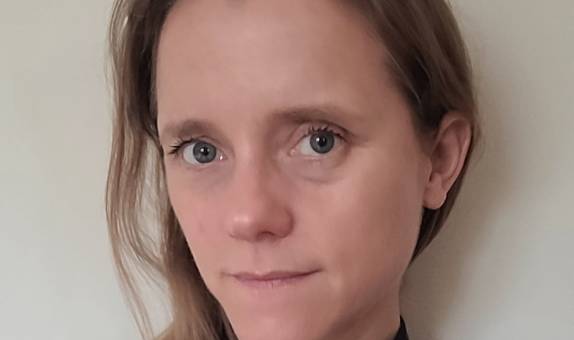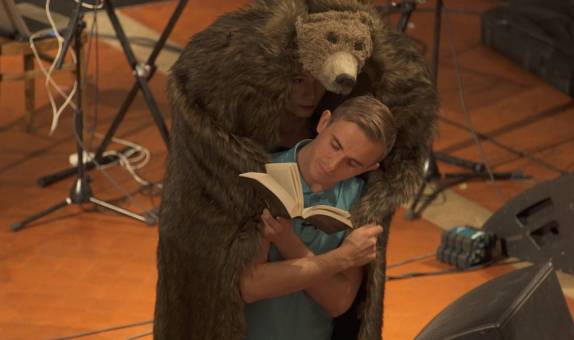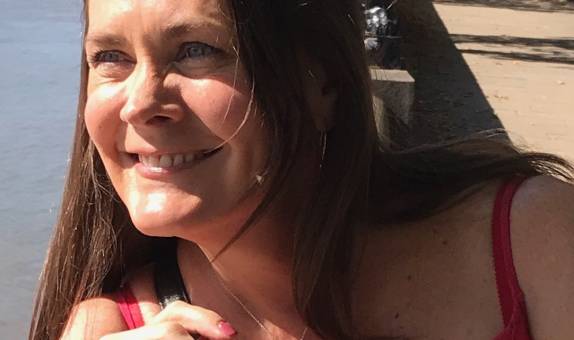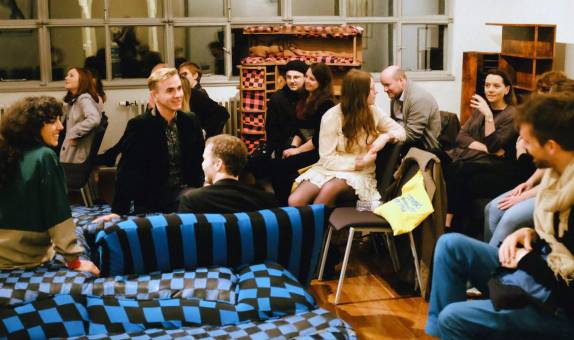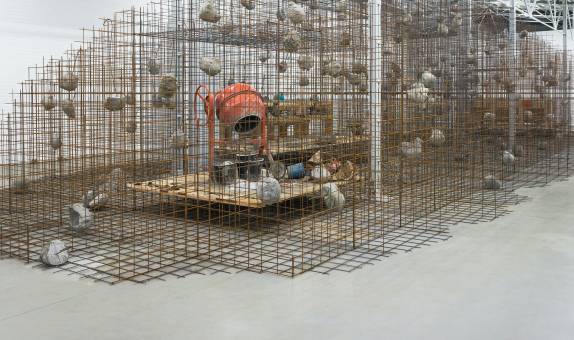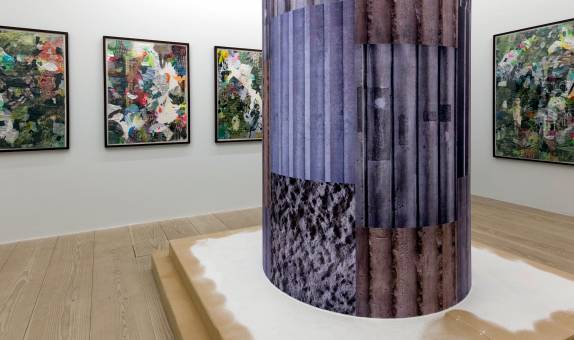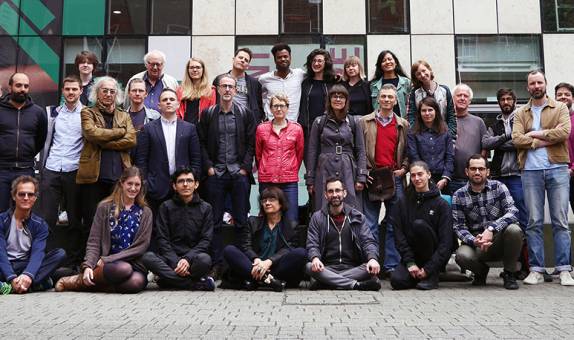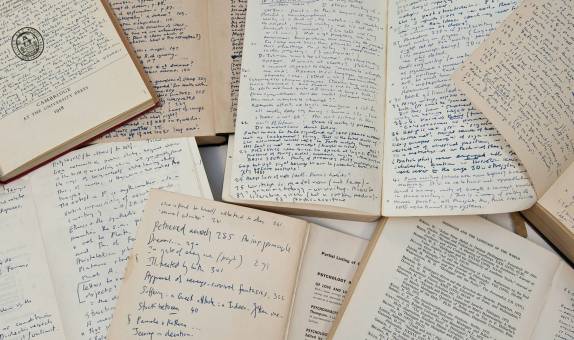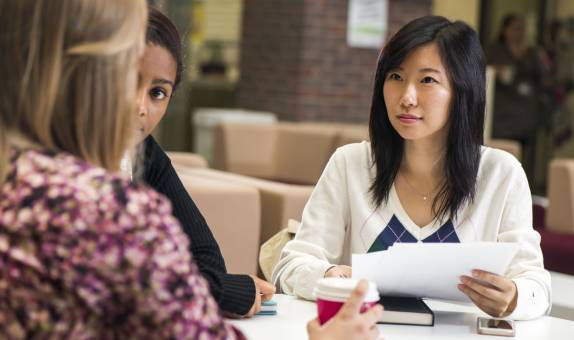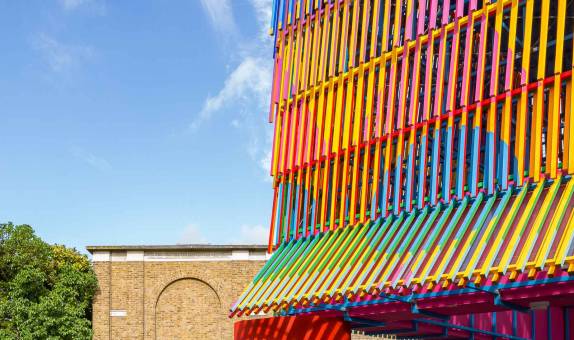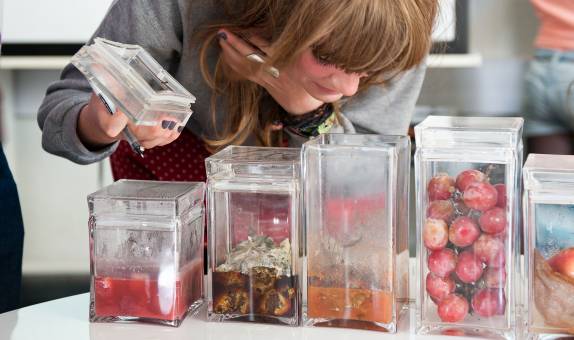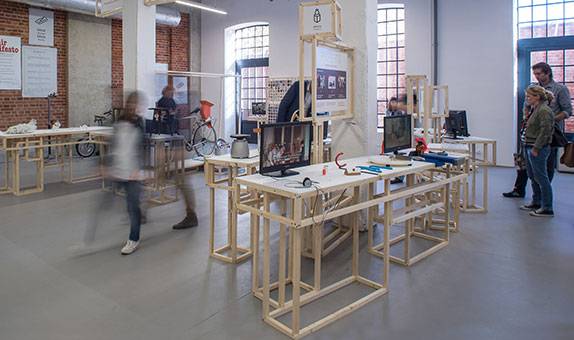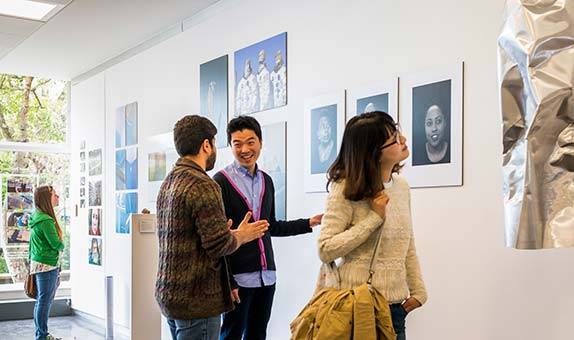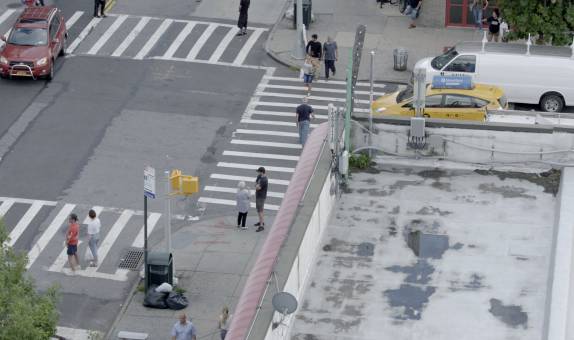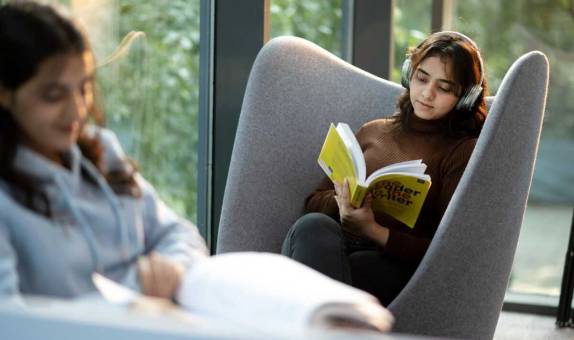Writing Cultures Group
About the Group
The Writing Cultures Group brings together those engaged in writing practice from across Kingston School of Art. Combining research activity and knowledge exchange, the group includes poets, literary critics, film scholars, designers, artists, architects, journalists and cultural critics. They are brought together by practice that engages with the cultural and artistic significance of the written word.
Each year, the Writing Cultures Group runs a series of research seminars and networking events designed to create interdisciplinary and collaborative research possibilities. Aiming to redefine the dialogue around writing and explore its creative potential, these events engage with writing in its broadest definition: as text, as symbol, as artwork, and as communication. With a particular focus on issues of diversity and inclusion, the group recognises, as an explicit part of its mission, the political power of writing, both as a tool of repression and of liberation.
For 2021/22, the theme of the group is para-ability. This includes (but is not limited to) disability, neurodiversity, mental health and chronic illness.
- Chair: Professor Sara Upstone
- Research Director: Kate Scott
Writers' Kingston
The Writing Cultures Group is the home of Writers' Kingston, a literary cultural centre dedicated to the practice research and knowledge exchange of creative writing in all its forms, with an annual programme of events, talks, workshops and festivals. Each of the dozen special events that make up the annual programme are themed, from Living to Dying, Loving to Hating. WCK utilises many of Kingston's beautiful and unique venues, such as The Rose Theatre and Dorich House Museum.
The programme brings together some of the finest writers from across the UK and the world, in conversation with the exceptional staff of Kingston University. The understanding of writing is inclusive and innovative, and it is fundamental to WCK's mission that audiences and participants are a mix of students alongside the considerable local community of writers and literary devotees.
- Writers' Kingston director: Steven Fowler
Life Narratives Research
Writing Cultures also supports the activity of Life Narratives Research, whose work shares best practice across all genres of life narrative work through impactful research and applied research projects in partnership with academic, governmental, humanitarian and industry stakeholders and produce publications centred on the experience, methodology and formats of life narratives across written, visual, and virtual cultures.
- Life Narratives lead: Meg Jensen
Events in 2023/2024
Events in 2022/23
Recordings of online events can be viewed via the Writing Cultures Research Group's YouTube channel.
Events in 2021/22
Recordings of online events can be viewed via the Writing Cultures Research Group's YouTube channel.
Kingston Charity Research Network Project
Led by Meg Jensen, Kate Scott, and Brian Brivati, this project uses research, knowledge and best practice in professional writing to develop skills and capacity within a network of charities, local industries and KU staff.
The project arose from the Creative and Professional Writing Academic Excellence project, funded by the Vice Chancellor, which aimed at increasing the access of our diverse student cohort to the creative industries by developing unique and sought-after employability skills. It became clear, however, that the resources and teaching materials developed as part of this project would be of benefit not only to students and university staff but also to industry professionals and third sector groups.
With the help of Peter Ely in 2022 and of Daniel Read in 2023, the project has created an adaptable, transferable bid writing, professional writing and community of practice toolkit and tested it with a small number of students and KSA staff as well as a collection of local charities and SMEs.
Activities to date include:
- A series of bid writing sessions for KSA staff on bid writing
- A series of networking events including knowledge exchange sessions with members of Kingston Voluntary Action (KVA)
- Workshops for local SMEs as part of the South London Partnership BIG Innovation Networks initiative.
Project Story
Project Story is an interdisciplinary group of researchers, educators, and practitioners with an interest in narrative and storytelling.
